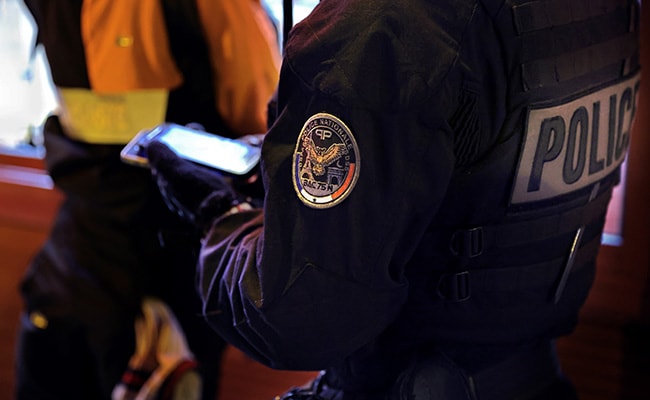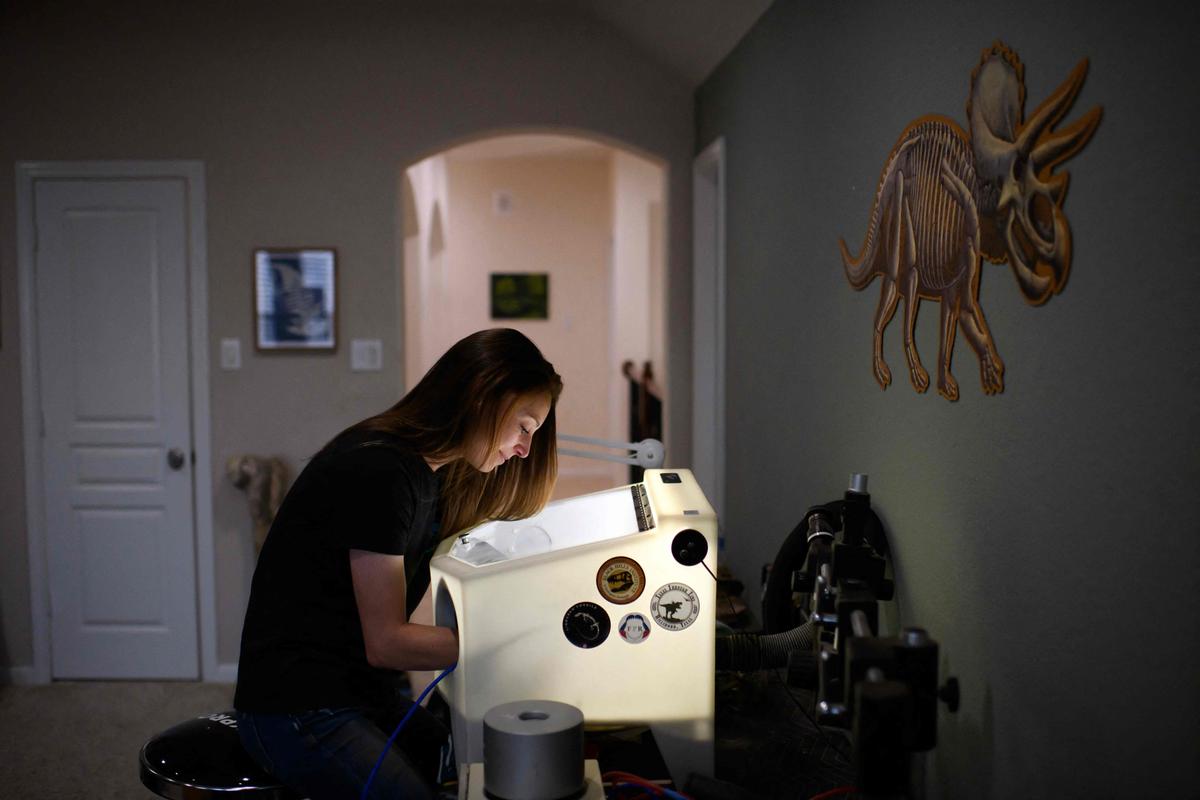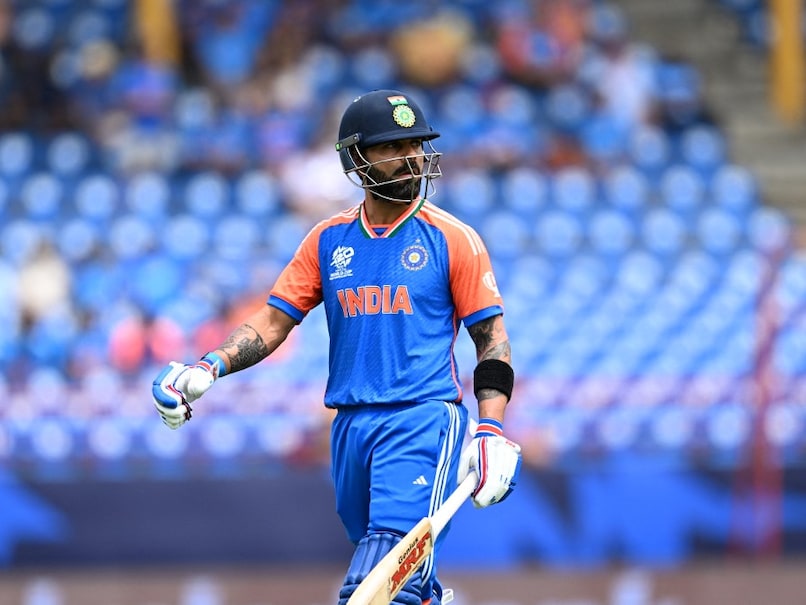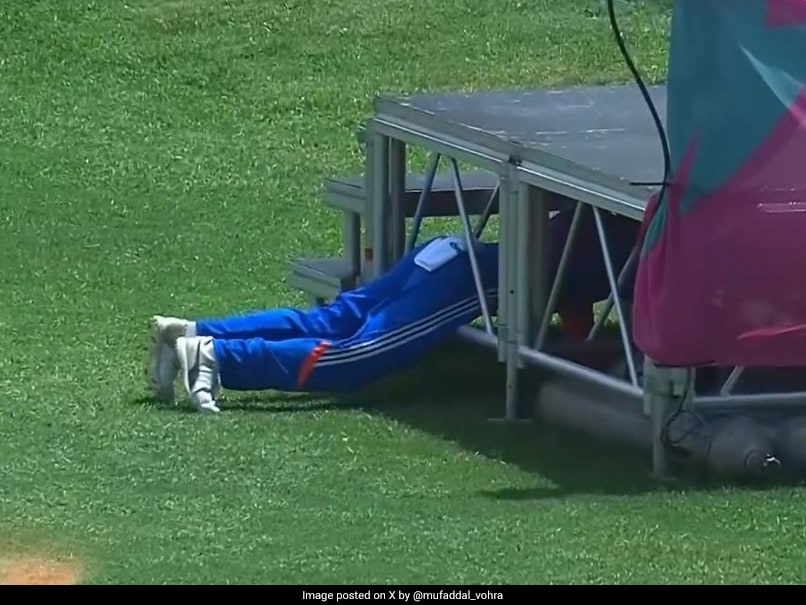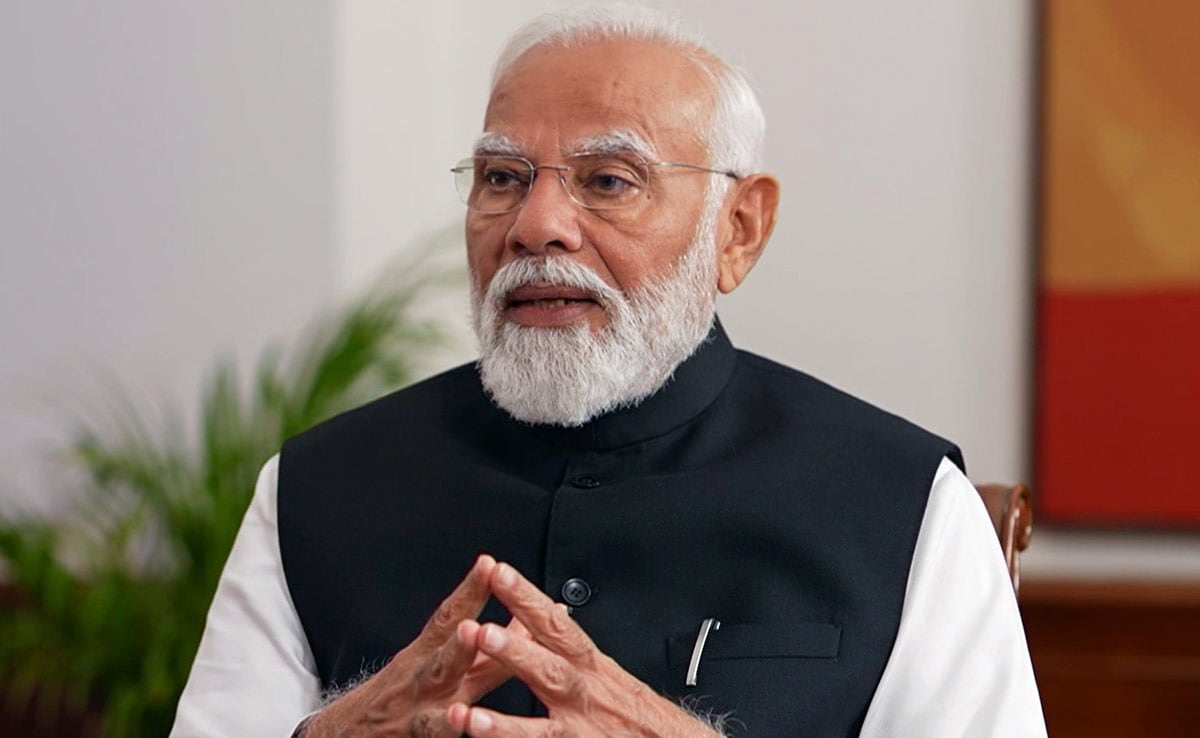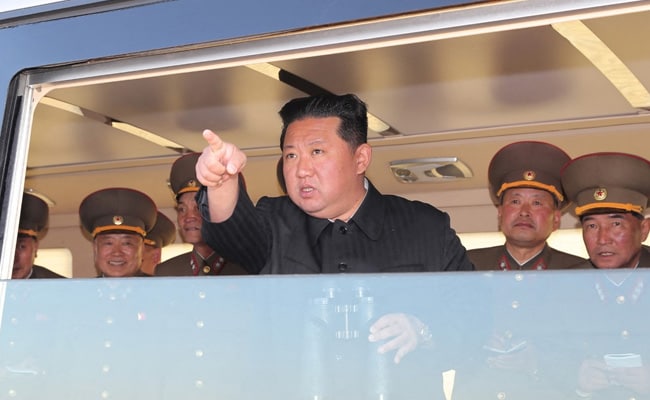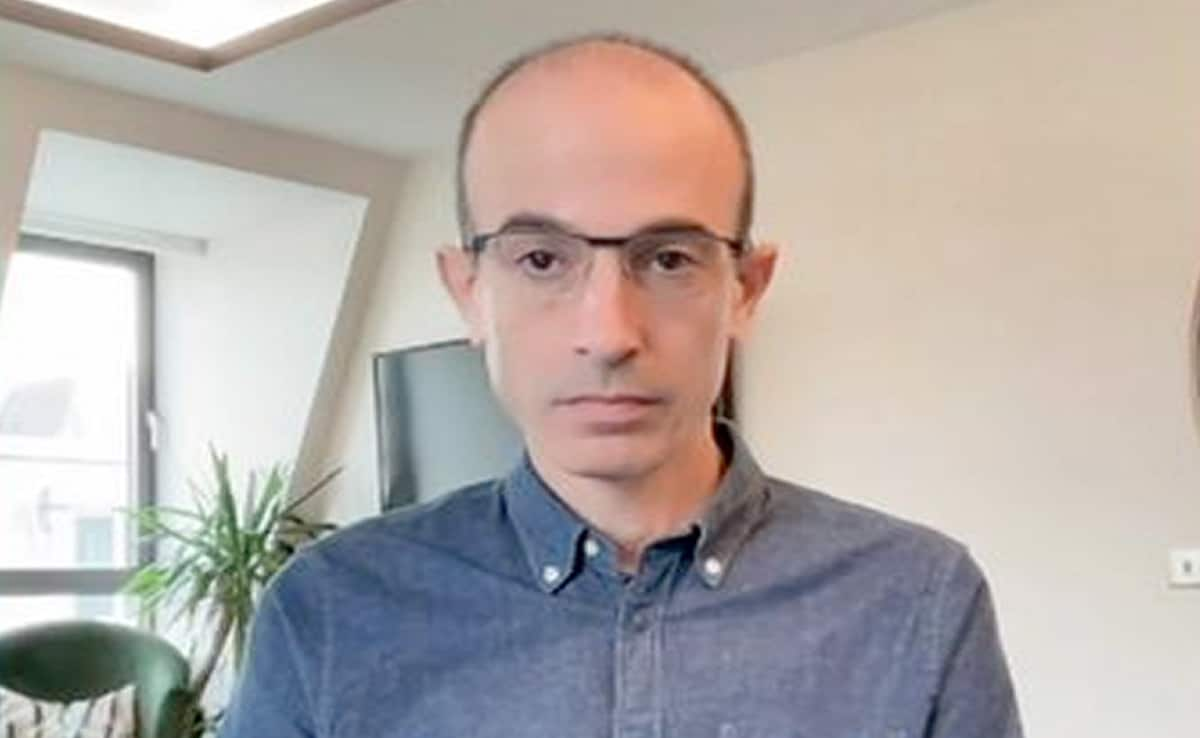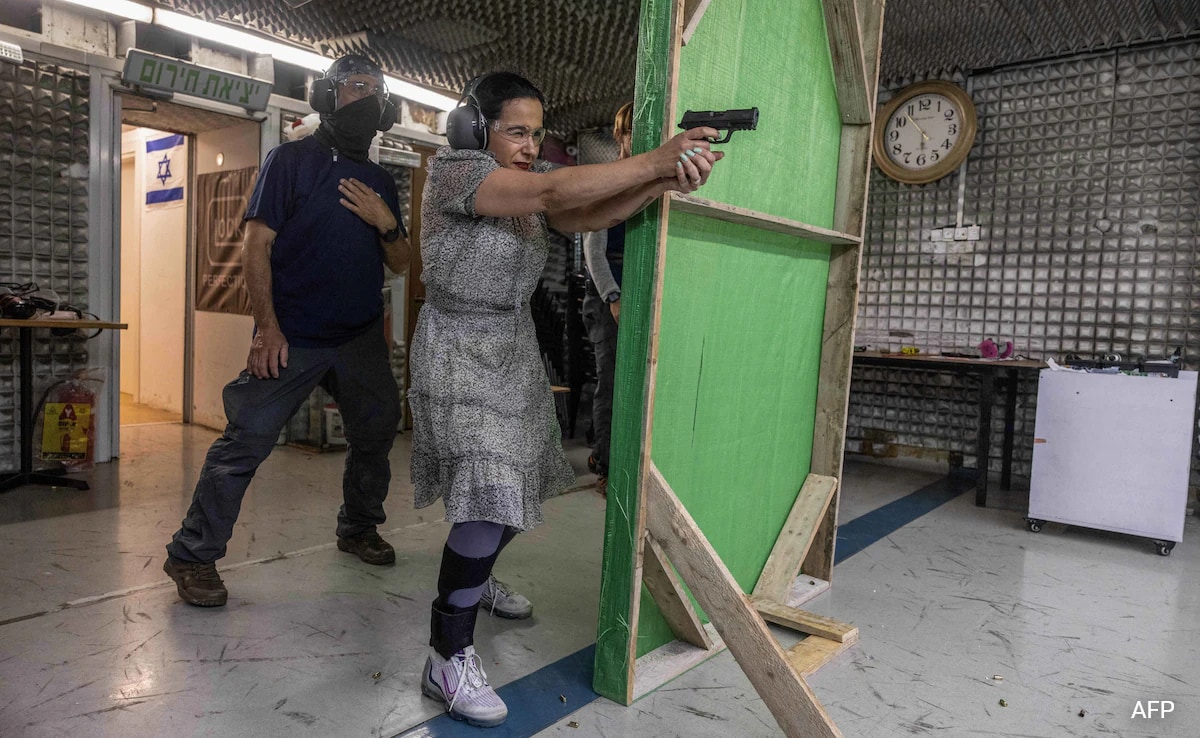In this picture issued by the Hungarian Prime Minister’s Press Office, Hungarian Prime Minister Viktor Orban, left, and Chinese President Xi Jinping shake hands before a meeting in Beijing, China, on July 8, 2024.
| Photo Credit: AP
Chinese President Xi Jinping called on world powers to help Russia and Ukraine resume direct dialogue and negotiations during a meeting Monday with Hungary’s Prime Minister Viktor Orbán, according to state broadcaster CCTV.
Mr. Orbán made a surprise visit to China after similar trips last week to Russia and Ukraine to discuss prospects for a peaceful settlement in Ukraine.
Mr. Orbán praised China’s “constructive and important initiatives” for achieving peace and described Beijing as a stabilizing force amid global turbulence, according to CCTV.
Besides Russia and Ukraine, the end of the war “depends on the decision of three world powers, the United States, the European Union and China,” Orbán wrote in a Facebook post showing him shaking hands with Mr. Xi.
Mr. Orbán met with Mr. Xi just two months ago when he hosted the Chinese leader in Hungary as part of a three-country European tour that also included stops in France and Serbia, which unlike the other two is not a member of the European Union or NATO.
Hungary under Mr. Orbán has built substantial political and economic ties with China. The European nation hosts a number of Chinese electric vehicle battery facilities, and in December it announced that Chinese EV manufacturing giant BYD will open its first European EV production factory in the south of the country.
“Peace mission 3.0” is how Mr. Orbán captioned a picture posted early Monday on the X social media platform depicting him after having stepped off his plane in Beijing. He was being greeted by Chinese Vice Minister of Foreign Affairs Hua Chunying and other officials.
His previously unannounced visit comes on the heels of similar trips last week to Moscow and Kyiv, where he proposed that Ukraine consider agreeing to an immediate cease-fire with Russia.
His visit to Moscow drew condemnation from Kyiv and European leaders.
“The number of countries that can talk to both warring sides is diminishing,” Mr. Orbán said. “Hungary is slowly becoming the only country in Europe that can speak to everyone.”
Hungary assumed the rotating presidency of the EU at the start of July and Russian President Vladimir Putin suggested Orbán had come to Moscow as a top representative of the European Council. Several top European officials dismissed that suggestion and said Mr. Orbán had no mandate for anything beyond a discussion about bilateral relations.
The Hungarian Prime Minister, widely seen as having the warmest relations with Putin among EU leaders, has routinely blocked, delayed or watered down EU efforts to assist Kyiv and impose sanctions on Moscow for its actions in Ukraine. He has long argued for a cessation of hostilities in Ukraine but without outlining what that might mean for the country’s territorial integrity or future security.
That posture has frustrated Hungary’s EU and NATO allies, who have denounced Russia’s actions as a breach of international law and a threat to the security of countries in Eastern Europe.

